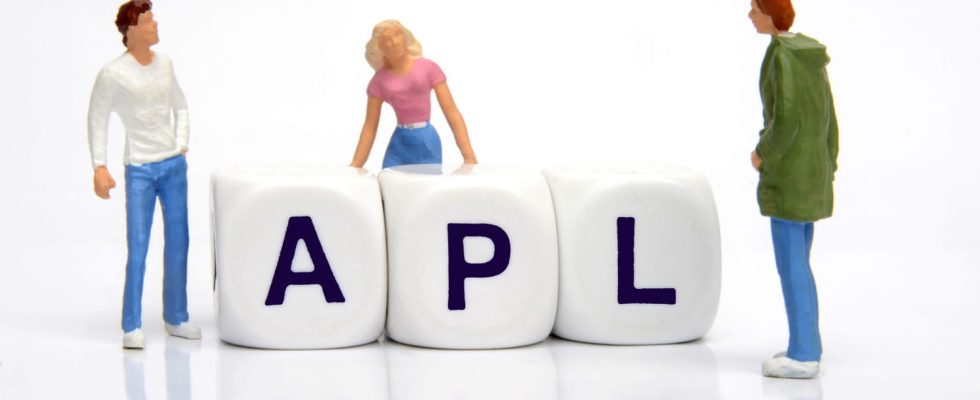Two MPs propose reviewing the rules for granting this aid to put an end to “inequity”.
Will approximately 30,000 students be deprived of APL in the years to come? This is the shocking proposal from two deputies. The flammable subject had already ignited the political world when this housing assistance was reduced by €5 for all beneficiaries (students and workers) in 2018. The question of restricting access to this public financial support for housing could return to the forefront.
During the summer, deputies Charles de Courson (Liot) and Daniel Labaronne (Renaissance) in fact recommended the change of a rule that was “unfair” in their eyes on the granting of APLs. “This allowance is paid to all students, regardless of parental income,” explains the first to The Internet user. If parliamentarians do not wish to condition the allocation of aid based on parental means, another idea is on the table.
Today, the law allows all parents to benefit from a tax reduction by keeping their child in their care until the age of 25. At the same time, the child, when he becomes a student, can benefit from APL. For the two elected officials, “it’s completely absurd!” They therefore want, when the child becomes a student, a choice to be made within the family: either the parents keep the tax reduction, or the student benefits from the APL. But not both at the same time.
This choice could, a priori, concern 20% of students receiving personalized housing assistance. A number from a INSEE study. The institute has calculated that for the 20% of students with the highest family income, the tax reductions are much greater than the APL amounts.
These households should therefore, if the law changes, retain the tax advantage to the detriment of the APL. 30,000 students would therefore find themselves deprived of this aid, i.e. the richest 20% among the 150,000 APL beneficiaries, according to the latest detailed public data (Drees, 2019).
If this system were to be put in place, 80% of APL beneficiaries should therefore not undergo any change and continue to receive this aid, the amount of which is higher than the tax reductions for their parents. On the other hand, the latter (especially those in the middle class) could see their tax bill increase.
A question remains: what to do if parents decide to keep the tax reduction, therefore to deprive their child of APL, without paying them any money? “He can always initiate legal proceedings against his parents to obtain alimony,” Daniel Labaronne responded laconically to the Echoes.
If it is in the pipeline, the proposed change in the law will not be carried out this year. “I am not sure that it will prosper through an amendment because in the current context of purchasing power, as soon as we touch on the question of APL…”, indicates Daniel Labaronne to The Internet user. “We would be faced with a bronca against an inequity,” he anticipates. But the chosen one does not admit defeat: “We launched the idea, we have to give ourselves time to evaluate it concretely. I’m keeping it warm.”
